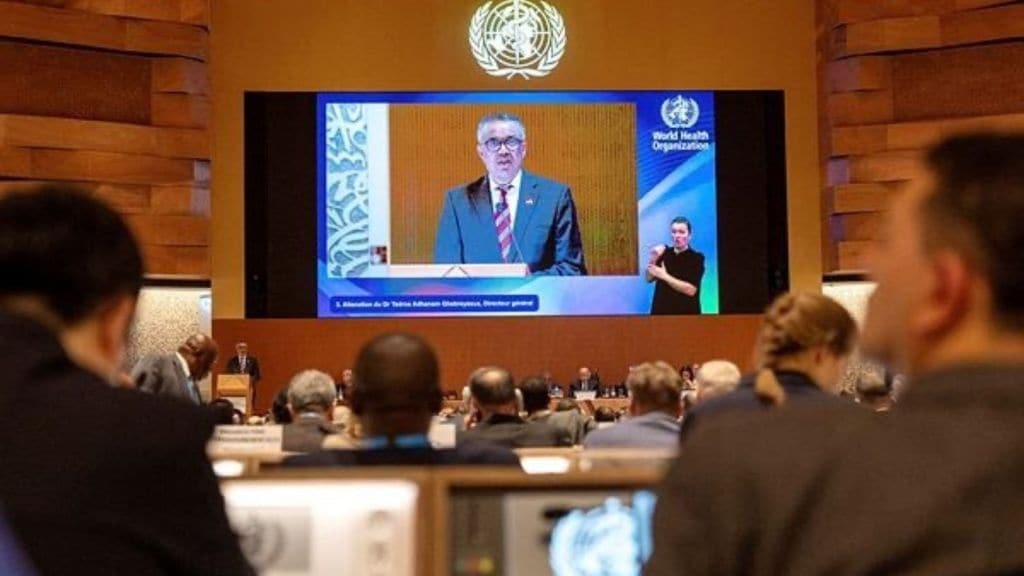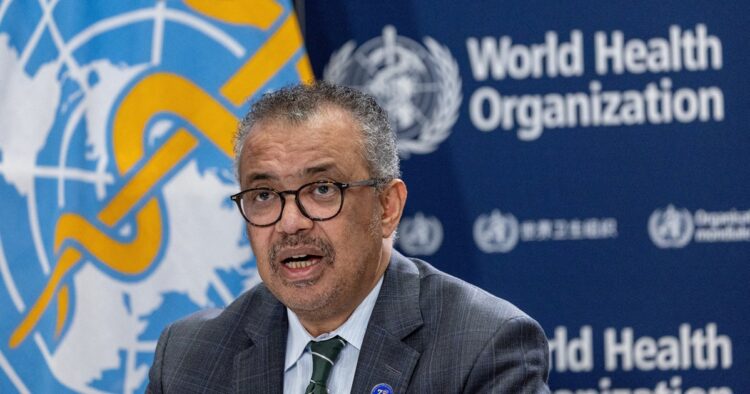After two years of negotiations, health officials representing 194 countries gathered at the World Health Assembly in Geneva to finalize new rules for responding to pandemics. The primary objective was to establish a legally binding pandemic treaty to enhance global defenses against future outbreaks following the devastating impact of COVID-19.
However, despite concerted efforts, negotiators were unable to produce a draft deal by the end of last week’s session.
In his opening address at the assembly, Director-General Tedros Adhanom Ghebreyesus expressed optimism about eventually reaching an agreement, acknowledging the disappointment of not reaching consensus in time for the current gathering.

He emphasized the importance of collective determination, stating, “where there is a will, there is a way.” Tedros affirmed his confidence in the shared commitment among member states to achieve this critical objective.
While the pursuit of a comprehensive pandemic treaty has faced setbacks, negotiations continue regarding updates to existing health regulations on outbreaks. Negotiators remain hopeful that a deal is within reach, as discussions persist on crucial measures aimed at strengthening global preparedness and response capabilities.
The failure to secure a draft treaty underscores the complexities inherent in navigating diverse national interests and priorities. Issues such as equitable access to vaccines, sharing of data and resources, and mechanisms for coordinated response efforts have posed significant challenges throughout the negotiation process.
Amidst the ongoing deliberations, there is a recognition of the urgent need for international cooperation to address not only the immediate threats posed by COVID-19 but also the potential risks of future pandemics. The outcome of these negotiations will shape the world’s approach to global health governance and pandemic preparedness for years to come.
ALSO READ: “WHO Launches $7 Billion Fundraising Initiative to Address Global Health Challenges”
The World Health Assembly serves as a crucial forum for multilateral dialogue and decision-making on pressing global health issues.
As discussions continue, stakeholders emphasize the importance of sustained engagement and collaboration to overcome barriers and achieve meaningful progress towards a more resilient and equitable global health system.

















Comments